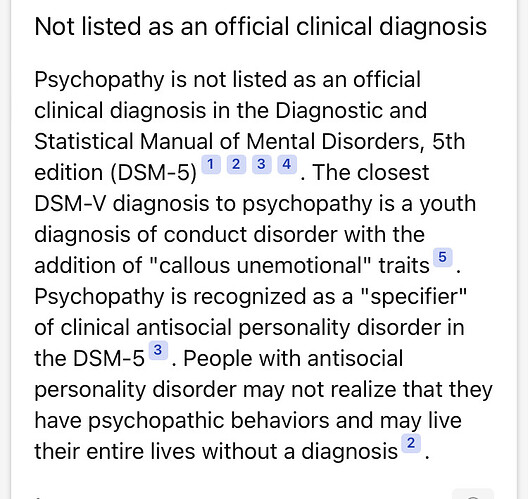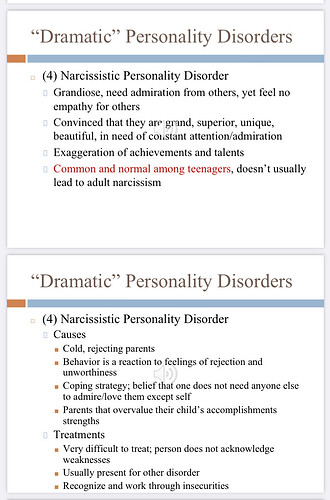At what point does loving oneself become narcissism? For example it’s common today for people to say things like “practice self-love” or “it’s important to love yourself”. I used to be confused by this, as to me it seemed like nothing but a shallow platitude bordering on encouraging and normalizing shades of narcissistic behavior and attitude. Or just silly childish happy-feeling for its own sake or to push away less comfortable realities. But, the more I think about it, there is something true and valuable about this idea.
Self-love seems more like confidence in who and what you are, acceptance of oneself. Even coming into contact with Know Thyself at certain points. Or perhaps there are tectonic threads and channels connecting these and flowing meaning back and forth, “pumping blood like sanguine lexicons” to borrow a phrase from a certain poet.
To what extent does loving oneself mean willful ignorance of one’s failures and putting on rose-colored glasses when viewing oneself in the mirror? Or the confidence and optimism for a better future for oneself that pushes us toward success, making our own luck and becoming ‘better versions of ourselves’?
It’s easy to lump this idea into a single camp and leave it there, on either side of the issue. Pro or con, like or hate it. But simple reactions like that only reveal our own personal motives and perspectives and largely fail to illuminate the issue itself.
The one part of this idea I do want to explore most deeply is the idea of self-acceptance in terms of both knowing oneself but more critically not having negative, critical or harmful attitudes and actions toward oneself or at best trying to moderate these away from extremes and reserving actual harm to more limited cases in which the benefits much more outweigh the harms at least in the sense of what psychologists call cognitive discounting (discounting or undervaluing the long-term harm of actions like smoking or extreme drinking because the negative effects are far off in the future while the benefits are right here in the present).
In what ways can approaching this idea of self-love in a positive sense for oneself be a way to increase self-understanding and reduce self-harms? It seems obvious on the surface, sure. But my concern is that the idea of self-love by itself doesn’t seem to be sufficient, in my opinion and based on what I am seeing so far, to really lead to any level of self-understanding and self-acceptance beyond a more surface level that may already exist as a prerequisite condition for holding a positive attitude and experience toward the phenomenon of self-love in the first place. In other words, what is the philosophical significance of self-love especially with respect to developing substantially greater and authentic self-understanding and self-acceptance, in so far as we can argue these are worth developing, again authentically, as for instance when doing so doesn’t conflict with other psychological-personal or phenomenological metaphysical needs, tasks and stages we may happen to be at and which may be ranked more favorably in a personal or even more objective value-hierarchy even in terms of what could be seen as more narcissisic inclinations? That question also splits narcissism between the low and high ends, a useful move I think in terms of exploring this topic.

